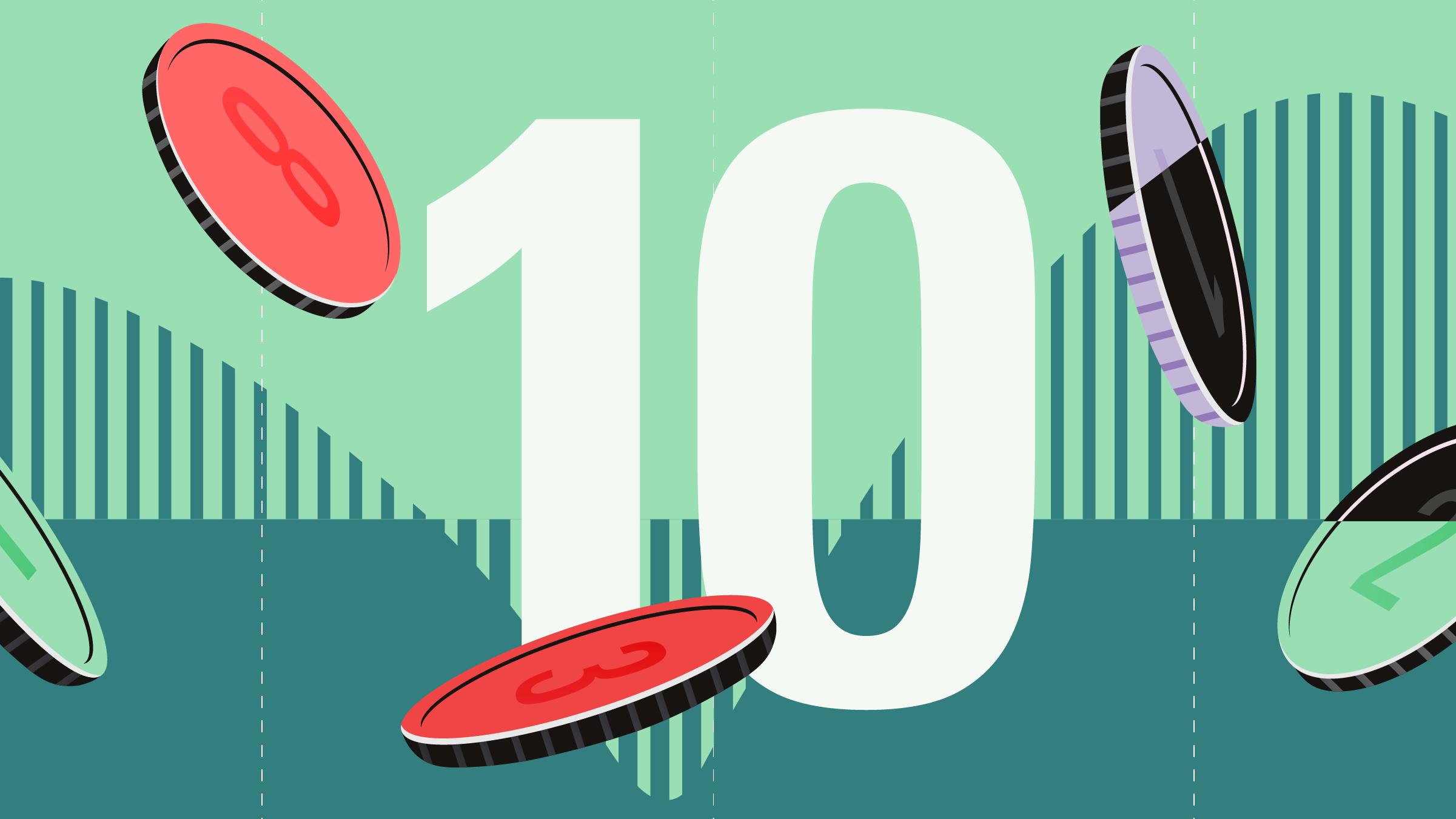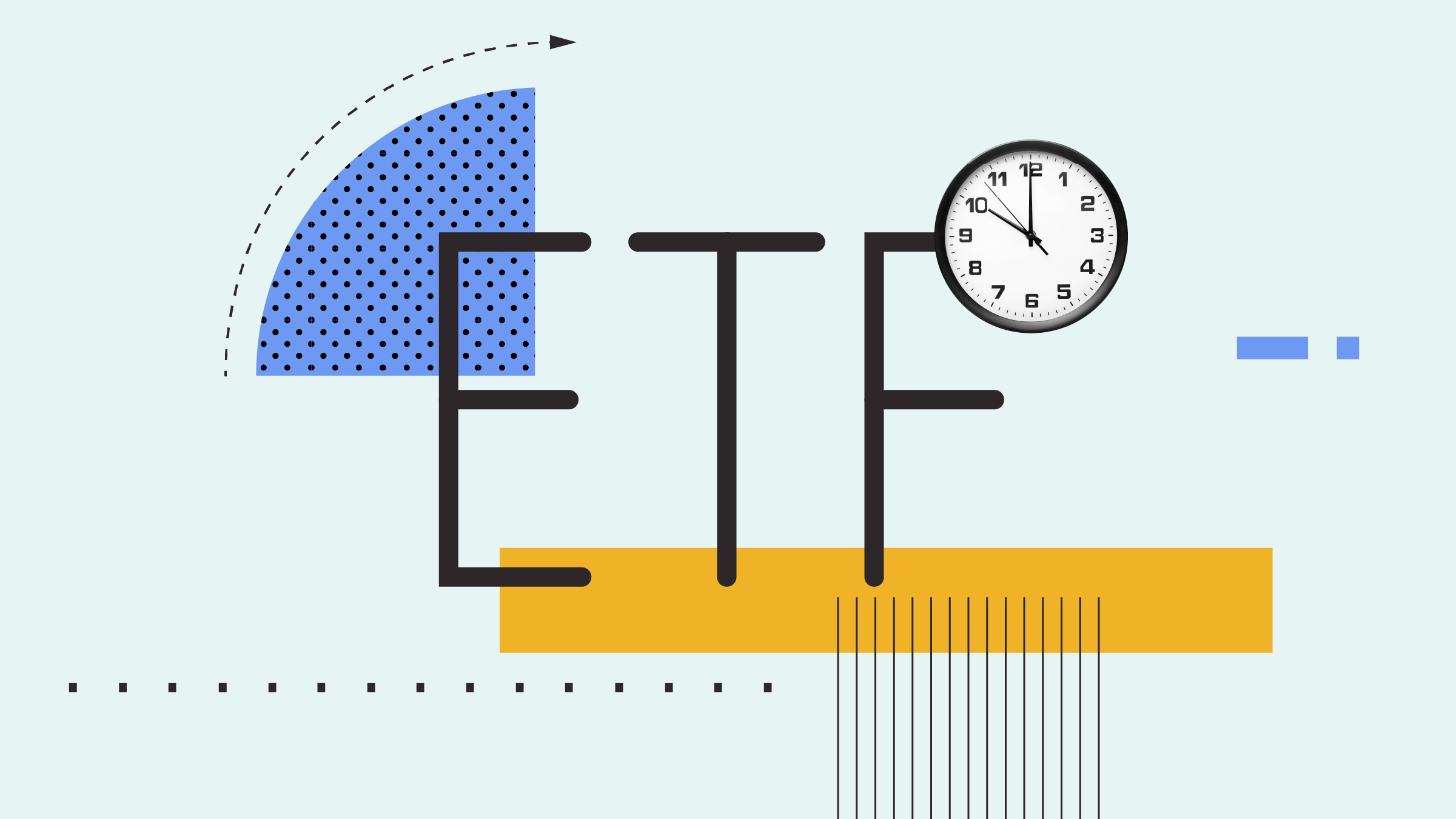Holly Black: Welcome to Morningstar. I'm Holly Black. With me is Johann Scholtz. He is an equity analyst at Morningstar. Hello.
Johann Scholtz: Hi, Holly. How are you?
Black: I'm good. You've had a busy time as all of the banks have been reporting and this is obviously a sector people are very interested in after the Covid crisis. So, I think one of the key things on people's mind is credit losses. So, what have you been seeing?
Scholtz: Yes, Holly, I think what we've been seeing is much of the same that we saw in the third quarter. Credit loss is still high but very much moderating from the extremely high levels that we saw in the first half. And I think what has been especially interesting is the guidance that we've been getting from the banks. It seems that most of the banks actually expect credit losses to moderate even further next year and some of them are guiding for it to drop to mid cycle, even below mid cycle levels.
Black: And is that better than you'd expected?
Scholtz: I think so. I think so. We've been – I think the guidance in terms of what we've got in our models, we're also looking at the credit losses coming off. We've consistently been saying that this is not a repeat of 2008. The banks' credit granting standards are much improved. And yeah, I think consumers and corporates are in a better space than they were in in 2008. And then, very importantly, the stimulus that we've been getting from governments has really helped a lot.
Black: So, one thing investors will be thinking about is whether banks are going to start paying out dividends again. If credit losses are better than expected, then hopefully the answer is yes.
Scholtz: Yes, you know – so, well, it's yes and no in the sense that they're not going to go back to their full potential dividend payouts just yet. There's still a ban in place, or a restriction in place, I should say, limiting them to pay out about 15% of earnings. Whereas the banks typically more in the vicinity of 50%, 60% of earnings. This will be remaining place up until about the third quarter and then the expectation is thereafter that banks will be able to resume bank dividends and possibly for some of the banks even executing share buybacks. Because the interesting thing is, there's quite a few of the banks, I think, with a lot of surplus capital, and yeah, that can find its way back to investors.
Black: And do you think the regulators were right to stop dividends?
Scholtz: I think what we probably disagree with is the fact that it's been a blanket ban that we haven't been able to differentiate between banks that's got no capital concerns whatsoever, no asset quality concerns whatsoever and possibly weaker banks. So, I think that has been a bit of a challenge. And I think the problem that that creates is that it's not left to the market anymore to really decide upon the valuation of banks. So, you've got this blanket kind of ban, which I don't think has been a very good idea.
Black: So, with all that in mind, what are some of the better stock picks in the sector for you at the moment?
Scholtz: We've liked Credit Suisse for a very long time. We still continue to like it. We believe that it's – we like to call it the poor man's UBS. It's got a lot of the same drivers as UBS, yet it's trading at the 20%, 25% discount to UBS. Then another name that we now like a lot is BBVA. We've always liked its Spanish bank. It recently got out of its US business and it's sitting on quite an extensive pile of surplus capital. It's already confirmed that it's going to buy back 10% of its market cap. About 75% of its earnings is emerging markets and 25% – only 25% is Spain. And (once) the sentiment is improving to emerging markets, we've seen a weaker dollar, we've seen commodity prices rise. So, that positions BBVA very well for people looking to rotate into EM.
And then, I think our last kind of pick, and this is bit of a left field one, would be ING. They dominate the Dutch banking landscape. 40% of Dutch individuals have got their primary bank account with ING. And the Dutch banking market is nice and concentrated. So, we think over time that supports higher level of profitability. The only problem though is ING is very exposed to do the interest rate cycle. It turns about 70% of its revenue comes from net interest income.
Black: Fantastic. Johann, thank you so much for your time. For Morningstar, I'm Holly Black.




















